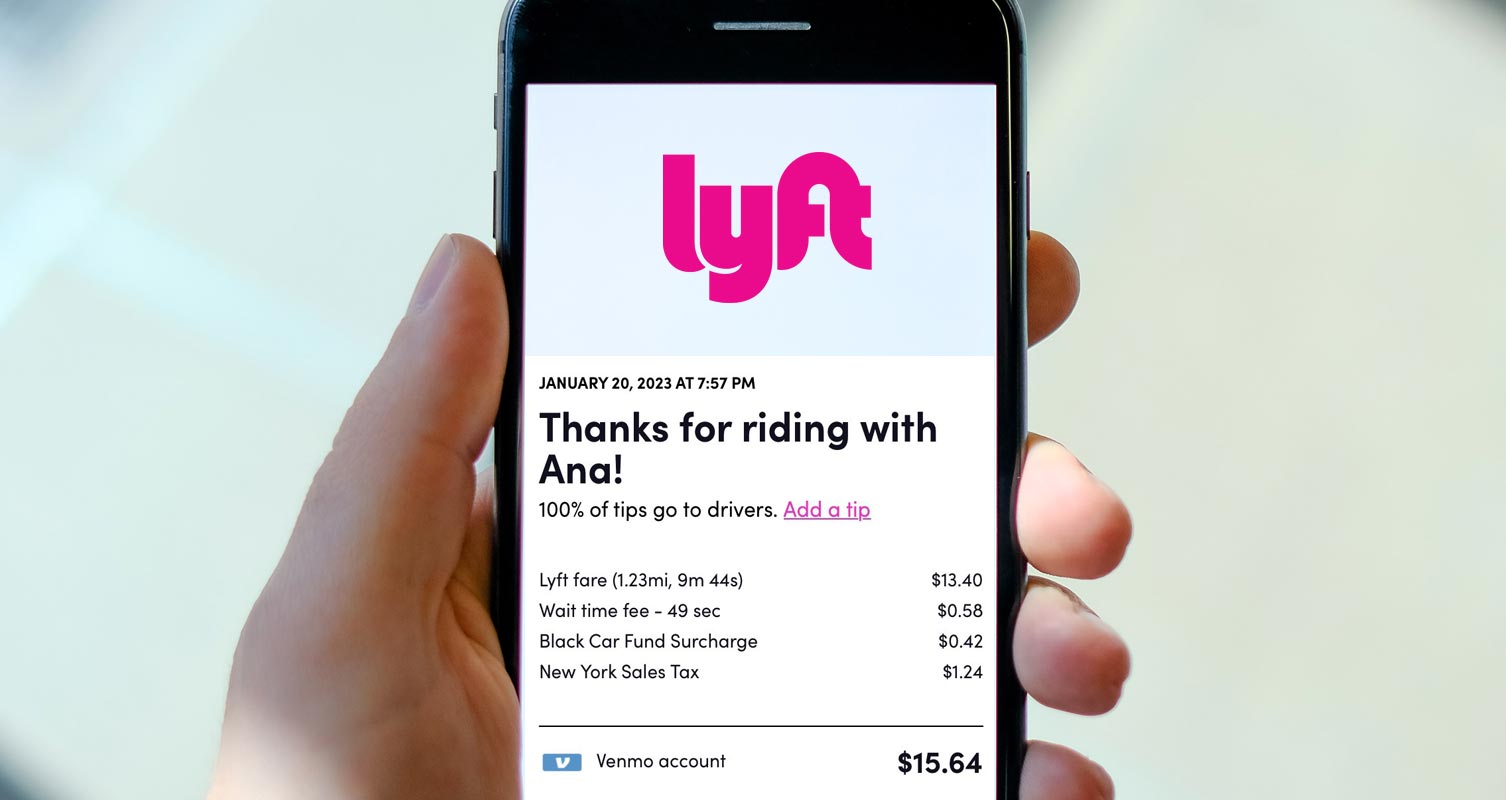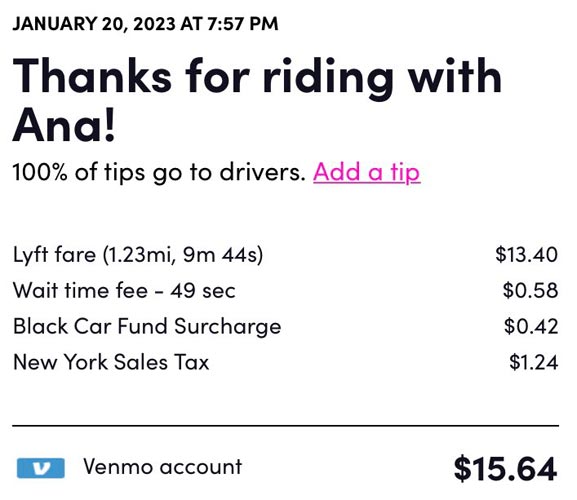Lyft begins to charge for Additional waiting time. As per the Lyft rules, You can take 2 minutes free of waiting time. After that, You have to pay for additional waiting times, and the charge will vary based n the locations. Even though All Rental car services have Waiting accounts, Lyft doesn’t implement them in real time. But they also begin to roll out Waiting time charges. You can get the exemption in a few situations. Refer below to get more details.

Lyft Waiting Time Fees
Introduction Lyft, the popular rideshare platform, has recently introduced wait-time fees for its users. This implies that additional charges will be applied if a Lyft driver is made to wait for you at the pickup location. This change is a surprise as Lyft has not previously had wait-time fees, unlike its main competitor, Uber, which has had them since 2016. This article examines the details of wait-time fees on Lyft, including exceptions and the impact on both riders and drivers.
Wait-time Fees Calculation
Wait-time fees on Lyft are incurred when a driver has to wait for a rider at the pickup location. These fees kick in two minutes after on-time arrival for standard rides and five minutes after for Black and Black XL and are charged per minute. For example, if a driver arrives on time but the rider is not ready until 2 minutes later, the rider will be charged for the extra wait time.

Lyft’s support page states that wait-time fees are charged per minute. However, a screenshot posted by a Twitter user suggests that the costs may be charged per second. The Screenshot shows that the user was charged 58 cents for an additional 49 seconds of waiting time. The Screenshot suggests New York, which is high-cost compared with other regions. So, We can assume Lyft may charge up to $0.30-0.70 per minute, After 2 minutes free Waiting time expiry. But as mentioned early, the charge may vary based on the locations.
Exceptions
There are a few exceptions to wait-time fees on Lyft. These include:
- Early arrivals for pickups: Wait-time fees do not apply to early arrivals for pickups until the driver is waiting after the initially scheduled pickup time.
- Specific ride types: Wait-time fees do not apply to several specific ride types, including Shared, Access, Assisted, and Car Seat rides.
- Canceled rides: You also don’t pay wait-time fees if the ride ends up being canceled. You will only be charged the cancellation fee if it’s on your end.
- Riders with disabilities: Riders with disabilities who require extra time to board a vehicle, or those accompanying riders with disabilities who need more time to board a car, may request a waiver for wait-time fees if their disability affects their ability to board a vehicle quickly upon the driver’s arrival at the pickup location. Riders with a valid release for disability are exempt from wait time fees and will be refunded for previous wait time fee charges upon request.
Impact on Riders
Introducing wait-time fees on Lyft may mean that some riders must be more mindful when scheduling a ride. It also means frequently running late riders may end up paying more for their rides. However, it should be noted that the wait-time fee is only charged per minute and several exceptions exist, such as canceled rides and specific ride types.
Impact on Drivers
For drivers, introducing wait-time fees brings more consistency across both platforms. Uber already has wait-time payments in place since 2016. This means that drivers who work for both Lyft and Uber will now be able to rely on the same rules for wait-time costs across both platforms. The wait-time prices may also encourage riders to be more punctual, which can help drivers optimize their time and increase their earnings.
Wrap Up
Lyft’s introduction of wait-time fees may surprise some. The company has not had these fees before. However, it brings more consistency for drivers operating across both platforms and is in line with the policies of Lyft’s main competitor, Uber. The wait-time fees are only charged per minute. There are several exceptions to the rule- Canceled rides and specific ride types. It may mean that riders must be more mindful when scheduling a ride. It also means drivers can rely on the same rules for wait-time fees across both platforms.

Selva Ganesh is the Chief Editor of this Blog. He is a Computer Science Engineer, An experienced Android Developer, Professional Blogger with 8+ years in the field. He completed courses about Google News Initiative. He runs Android Infotech which offers Problem Solving Articles around the globe.



Leave a Reply